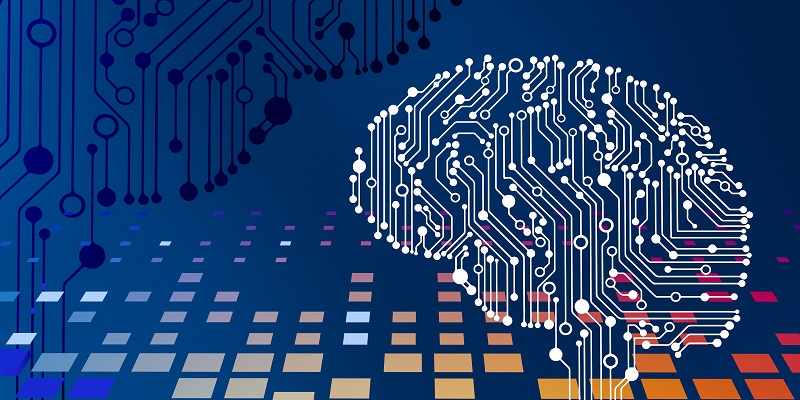In today’s rapidly evolving technological landscape, the integration of artificial intelligence (AI) into IT services has become paramount. AI brings forth automation, analytics, and enhanced decision-making capabilities, transforming the way organizations manage their IT infrastructure. However, it is crucial to approach the implementation of AI with responsible and ethical considerations to ensure the technology’s positive impact while safeguarding against unintended consequences.
Automation in IT Services
AI is revolutionizing IT services through automation, streamlining processes previously executed manually. By leveraging AI-driven algorithms, routine tasks such as software updates and network monitoring can now be handled with enhanced efficiency and accuracy. This not only frees up valuable human resources but also reduces the risk of human error, leading to increased productivity and cost savings.
AI-Powered Analytics Tools
AI possesses the potential to process colossal amounts of data in real-time, empowering organizations with actionable insights to inform strategic choices. With AI-powered analytics tools, businesses can gain a deeper understanding of their systems, customers, and operations. This allows for data-driven decision-making, optimization of resources, and identification of emerging market trends, leading to competitive advantages. AI-driven chatbots and virtual assistants have revolutionized customer support and service delivery. These intelligent systems can provide instant solutions to technical issues, guide users through troubleshooting processes, and offer personalized recommendations. By minimizing response times and enhancing user experiences, businesses can enhance customer satisfaction and build stronger relationships with their clientele.
AI-based Service Management Platforms
AI-based service management platforms streamline incident resolution and service request processes. By leveraging AI algorithms, these platforms can quickly identify and assign the appropriate resources to resolve issues, leading to reduced downtime for businesses. The automation of service management not only improves customer satisfaction but also optimizes resource allocation, resulting in enhanced operational efficiency.
AI for Predictive Maintenance
AI systems can analyze historical data to identify patterns and anomalies, which can indicate impending hardware issues. By leveraging this predictive maintenance capability, organizations can proactively address potential problems before they turn into critical failures. This not only improves system reliability and performance but also reduces maintenance costs and minimizes downtime.
AI for Cybersecurity
As the threat landscape continues to evolve, AI plays a crucial role in bolstering cybersecurity. AI-driven solutions can detect and mitigate threats in real-time by analyzing network traffic for unusual behavior and identifying patterns consistent with malware. By leveraging AI’s ability to learn and adapt, organizations can proactively defend against cyberattacks, ensuring the confidentiality, integrity, and availability of their critical systems and data.
Responsible and Ethical Use of AI
The responsible and ethical use of AI is paramount, particularly when handling sensitive data and critical systems. It is essential to ensure that AI systems are trained on diverse and unbiased datasets to avoid perpetuating existing biases and discrimination. Additionally, organizations must prioritize the protection of privacy rights and comply with data protection regulations to maintain trust with their customers. Balancing AI-driven automation and human oversight is crucial. While AI enhances efficiency and productivity, human expertise is still essential for critical decision-making, complex problem-solving, and empathetic customer interactions. Organizations must maintain human oversight to mitigate risks and ensure fairness, transparency, and accountability in AI-driven processes.
AI Reshaping the IT Services Industry
AI is reshaping the IT services industry by driving automation, enhancing decision-making, transforming customer support, optimizing infrastructure management, and bolstering cybersecurity. Organizations that embrace AI-powered solutions gain a significant competitive advantage, delivering improved services, reducing costs, and staying ahead of the technological curve.
As businesses increasingly embrace AI-powered solutions in their IT services, it is crucial to uphold ethical standards and leverage AI’s capabilities to propel operations into a more efficient, secure, and innovative future. By responsibly integrating AI, organizations can harness the transformative power of automation, analytics, and decision-making while ensuring the protection of sensitive data and fostering trust with customers. This delicate balance will pave the way for a more sustainable and successful IT services industry.

